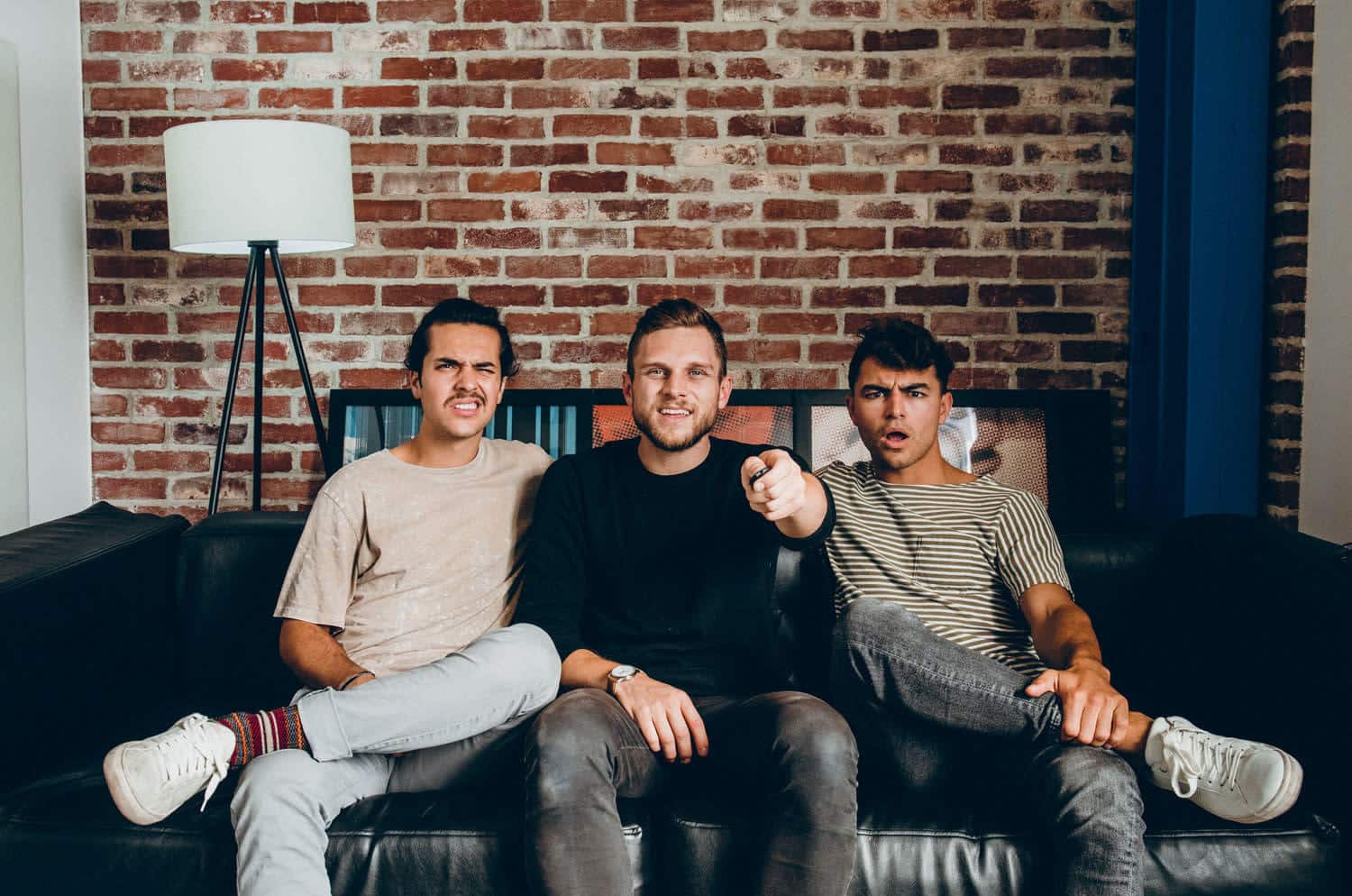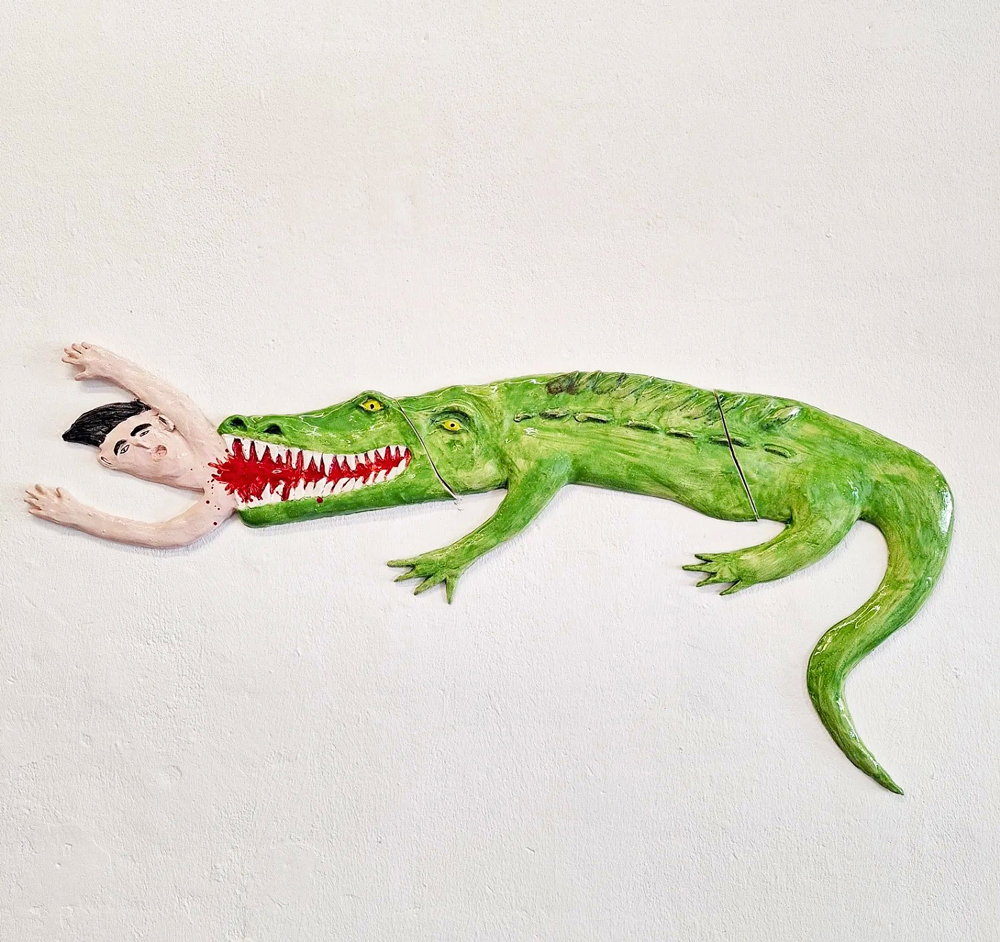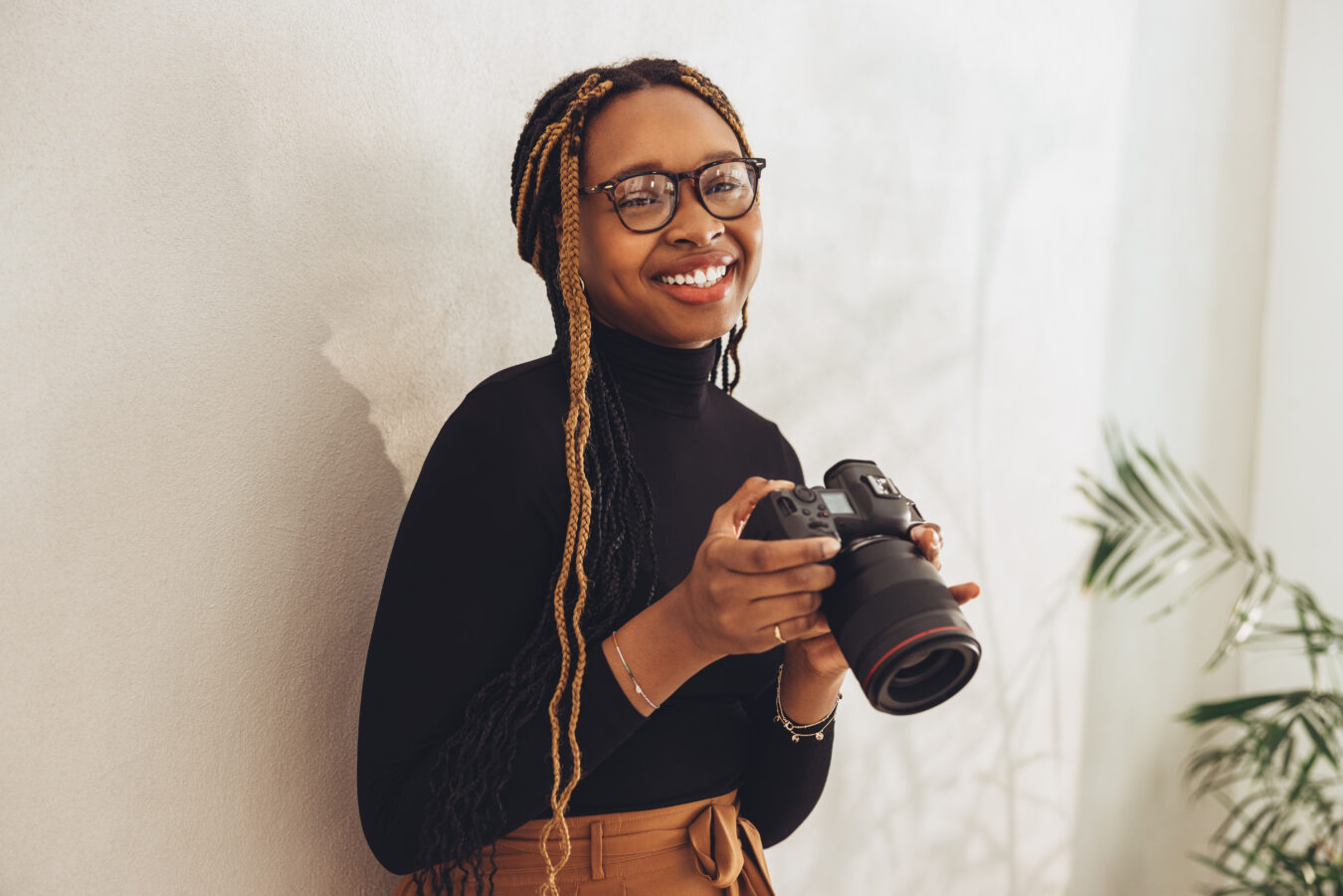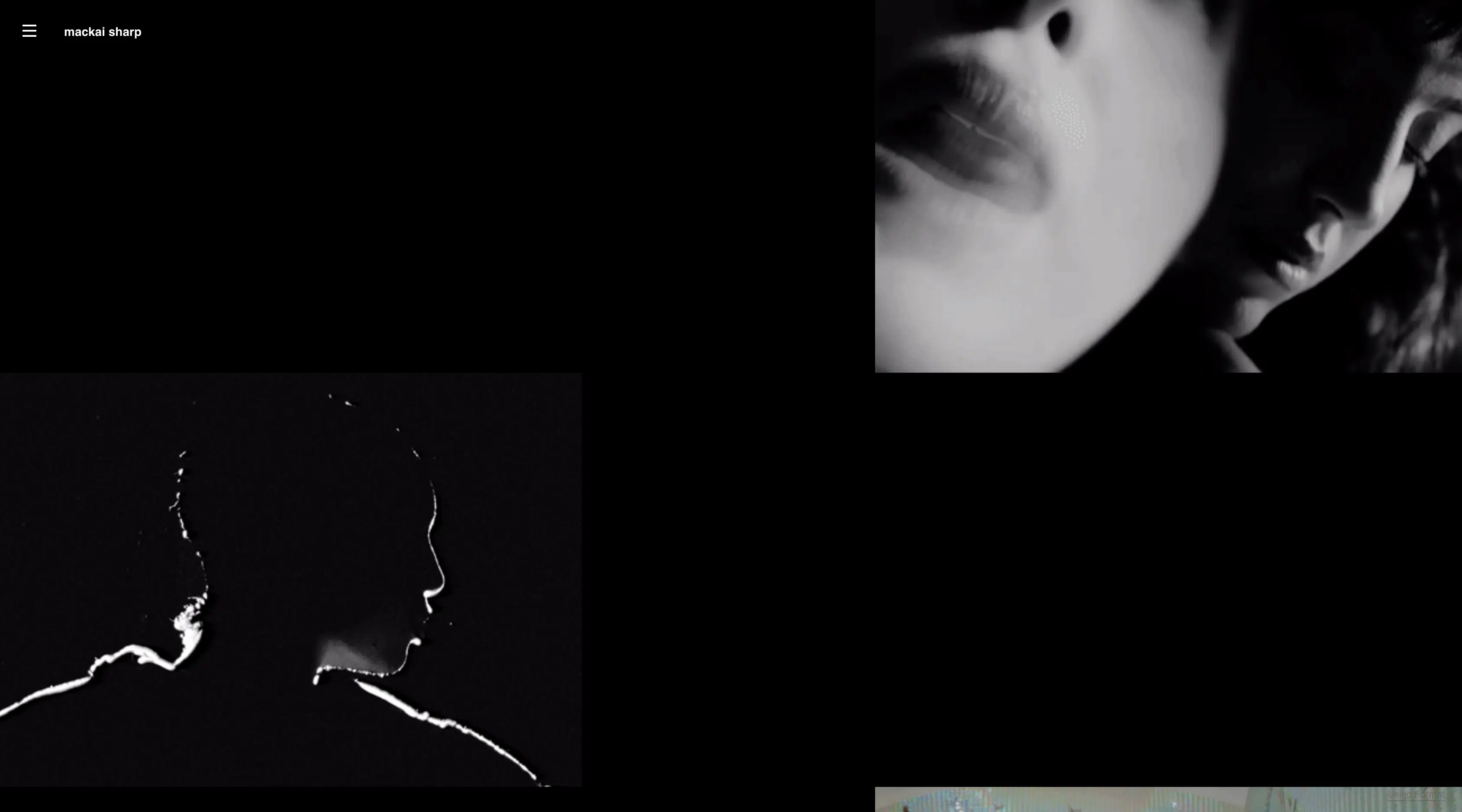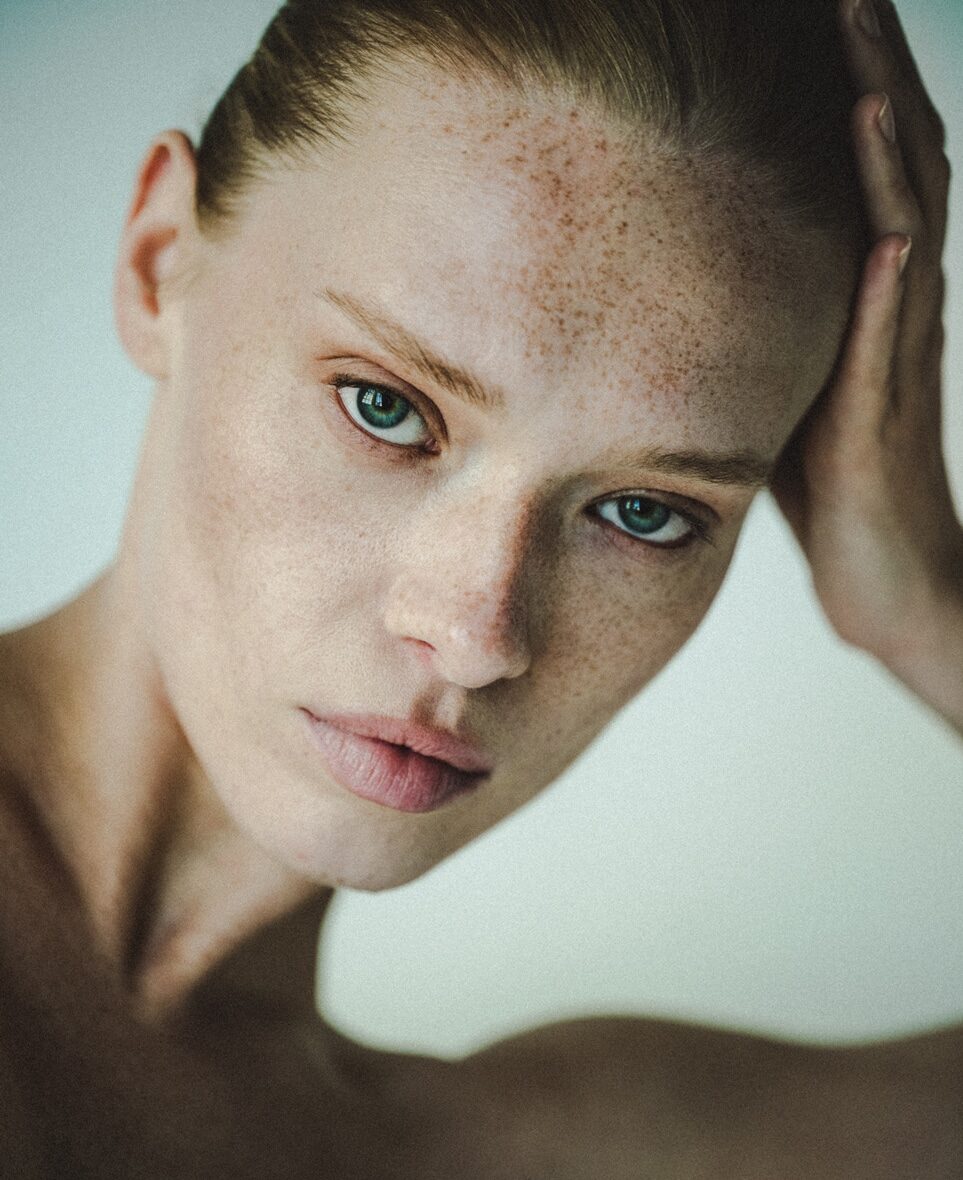Darkroom is an LA-based company on a mission to change how artists across various disciplines deliver work from their studios to your walls. Traditional options put the onus on creators to handle logistics, fulfillment, and customer service to sell their art. Darkroom keeps things simple: upload images, set prices, and they’ll take care of the rest.
We recently spoke with co-founders Theo Chapman and Anders Bill to learn more about why they’re passionate about taking care of the details so creators can focus on what they do best—creating.
Why did you start Darkroom?
Theo:
Anders and I were roommates our senior year in college. Anders was working on his music technology company and I was going to become a full-time photographer.
We noticed that most website builders and art marketplaces either took advantage of the creator by taking most of their profits or left the creator with the logistical burden of product fulfillment. We wanted to find a way that would allow any creator, no matter how big or small, to sell their work to a global audience without having to do their own fulfillment, distribution, and customer service.
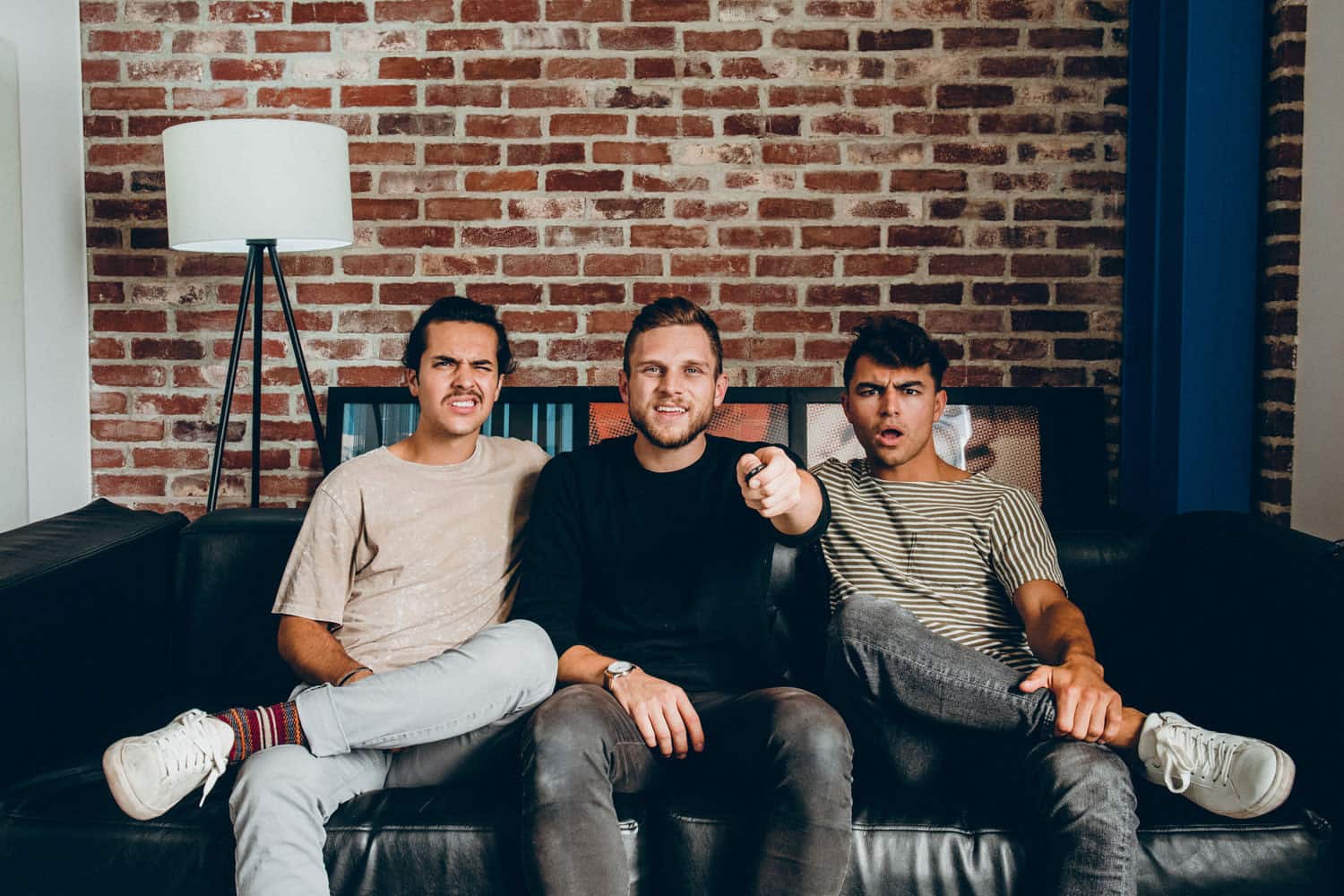
Theo and Anders with Darkroom Podcast collaborator Dane Deaner
Why is that important to you?
Theo:
It’s important to us because we’re photographers! We want to build products that give creators more time to do what they do best: create.
Every creator is their own business, and we’re building Darkroom as a platform that enables these creators to easily, efficiently, and effectively run their business.
Anders:
Technology has often been leveraged against the creator class, especially within e-commerce. We want to change that narrative and be part of the new wave of companies that helps empower creators rather than stifle them.
So many of our creators on Darkroom aim to drive social or political change with their work; we want to give them every opportunity to succeed on those missions.
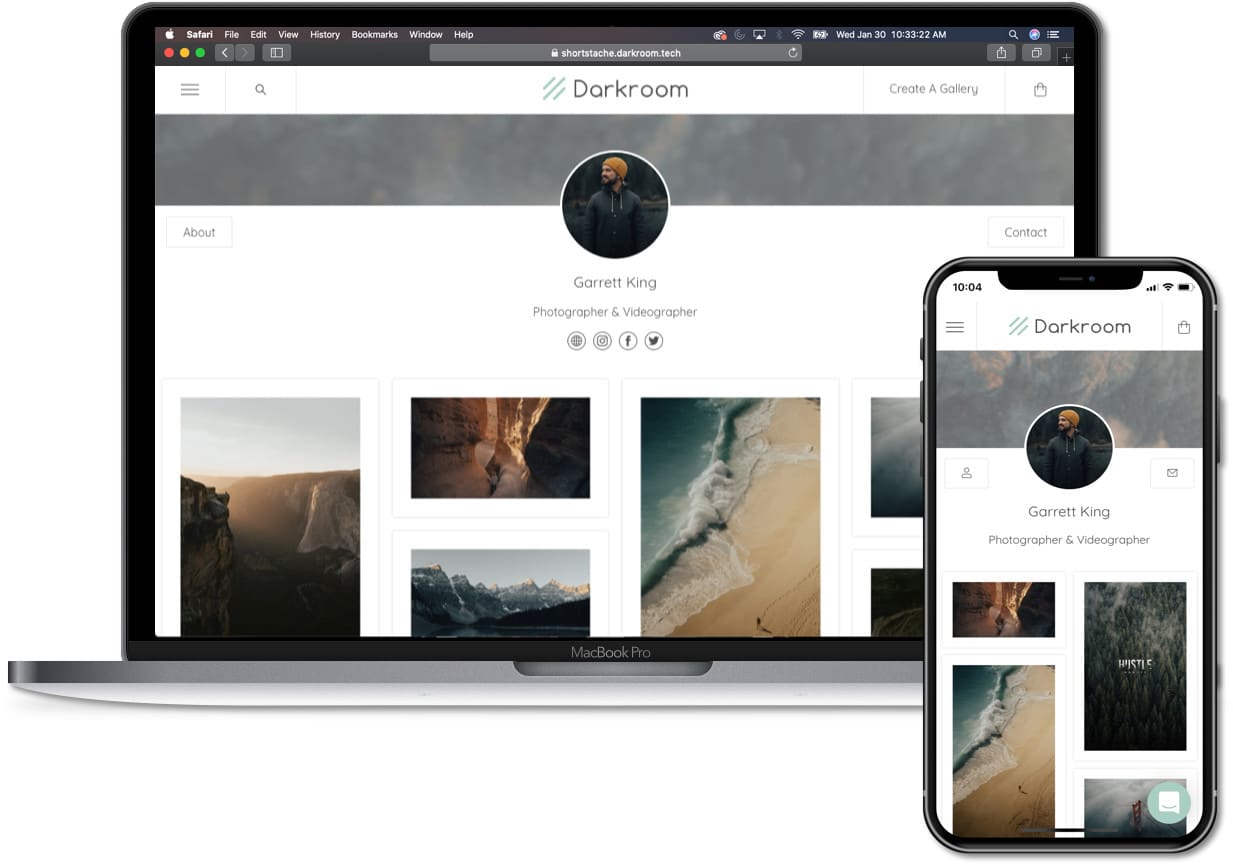
What sets Darkroom apart from its competitors?
Anders:
There’s a few things. What’s really unique is that if you’re a creator, you can sign up for Darkroom and in two to three minutes have a global print shop up and running with all the distribution built in on the back end. As orders come in, you do nothing, while we manage the printing process and make sure that your end product gets drop shipped to your customer. That logistical headache that we take care of is a huge value proposition for the creator class.
When you look at the competitive space, you have a really interesting divide between two markets where you have content management systems like Format and Squarespace, and then on the other side, you have marketplaces like Society6.
Theo:
On the marketplace side, creators take home such a small percentage of their profits because these platforms have steep product costs, and they put a lot of money into digital advertising so they have this sense of entitlement to the profits.
On the CMS side, there’s often a robust and well-designed technology suite, but at the end of the day providing e-commerce solutions for creators is not their strong suit. They often market that their platforms can be used to sell products, but fall short when it comes to product fulfillment and management.
Anders:
Yeah that’s exactly why we’re so excited to partner with Format, because they’re taking the next step to help creators sell their work and run their businesses. We think that this partnership between Format and Darkroom can help shift the industry to a creator-first mentality.
You both have some background as landscape photographers, is your experience trying to sell your own work one of the reasons you created Darkroom?
Theo:
Definitely. That’s exactly how it started! Part of it was noticing this problem in creating a personal website with a portfolio that had prints available; the other part was looking for internships under photographers during undergrad. I realized that major photographers with their own studios doing commercial shoots would share that one of their personal pain points was selling prints effectively. Or they would have a tab on their site that said “Prints,” but you’d click it and it would say “Coming Soon!” You’d check back three months later, “Coming Soon!” Check back a year later, “Coming Soon!”
It became pretty obvious pretty quickly that this was a landscape where selling prints and monetizing your work in a physical form at scale was not something that was very accessible to a photographer, to an illustrator, to a designer. We’ve realized that nowadays with social media, it doesn’t really matter how big or how small you are. To the group of people who follow your work, you’re their artistic influence and that’s what matters.
Why did you start the Darkroom Podcast?
Anders:
One of our artists, Dane Deaner, reached out to us about grabbing a coffee when we moved to LA last June. He was a full-time commercial photographer but also a former audio engineer and podcast host. We immediately hit it off and Dane said he was thinking about launching a podcast. We had actually been flirting with the idea of a podcast with the goal of sharing the conversations we were having with bigger creators. When we realized we could provide the guests and Dane could provide the voice, the Darkroom Podcast was born.
Since then, it has been an absolute journey and an enormous learning experience for all of us. We’ve been able to bring on some great guests like Obama’s photographer Pete Souza and Chris Burkard. We really want our listeners to take away actionable advice from the podcast by telling the founding stories behind some of the best creative and entrepreneurial minds of today.
Theo:
A quick add-on is that probably the biggest reason we moved from Boston to LA was to be closer to our creators so we could connect with them in person. To have more conversations with the people on our platform and be more collaborative.
It was pretty funny because Dane was literally the first Darkroom creator we met up with in LA, then in a matter of weeks we were setting up the gear to record our first podcast episode.
Any notable war stories along the way?
Theo:
Oh man, a lot… there were a lot of obstacles early on when we didn’t have very many creators on the platform, so we needed to hustle to figure out how to stop expenses like office space from crushing our runway. In the spring of our senior year, we won our university’s Venture Capital competition which gave us some cash to dive into Darkroom full time, but we needed to make that money last as long as possible. One expense that we were not even remotely excited about was paying rent in Boston.
Anders:
On the morning of graduation, we were helping some of our friends who were fifth year football players move into their off-campus house that the school owned and noticed this little 100 square foot sunroom on the side. We pitched them on letting us crash there for the summer; they were okay with it, but didn’t think we were serious. The next day we went to Home Depot and came back with a pile of wood and a drill. Within two days we had built a room with doors, bed frames (for our air mattresses) and shelves. From the outside it looked like a closet with a padlock; from the inside, it still looked like a closet—but one with two air mattresses and a wall to wall clothes hanger made from our old camping equipment. For two months we lived for free in our glorified closet before word spread to the administration and we got the boot.
More info
To learn more about how Darkroom works, visit their FAQ page. Use promo code Format to upgrade to Darkroom Plus for one month. Darkroom Plus users have more options to customize their gallery and take an even higher percentage of their gallery revenue. Follow these steps to link your Darkroom account on Format and sell your work.
Check out the latest episode of the Darkroom Podcast to hear their interview with Format co-founders Lukas Dryja and Tyler Rooney. Listen now on iTunes or Spotify.
Want to learn the story behind Format?
Format Still Self-Funded After a Decade in Tech Industry
